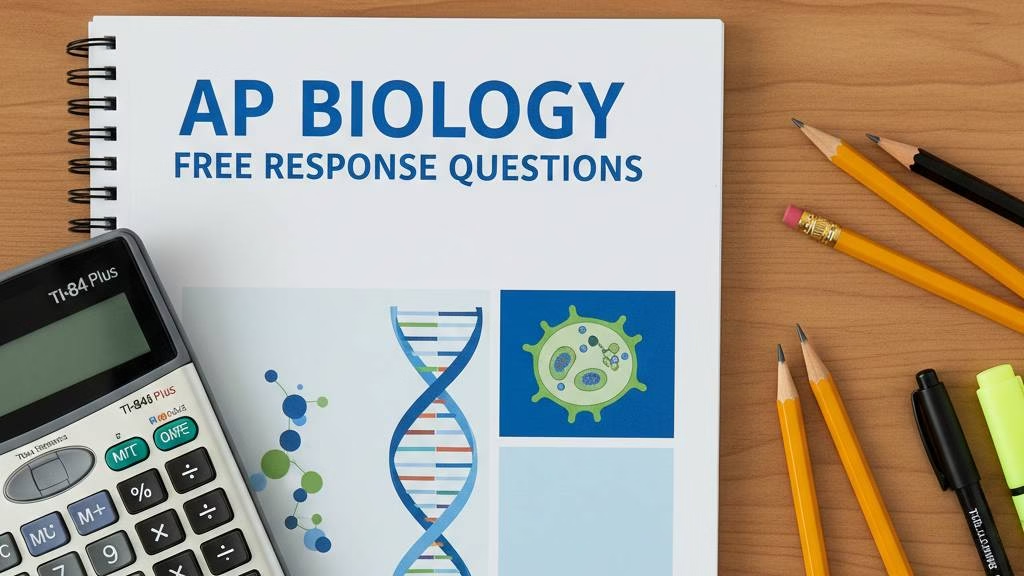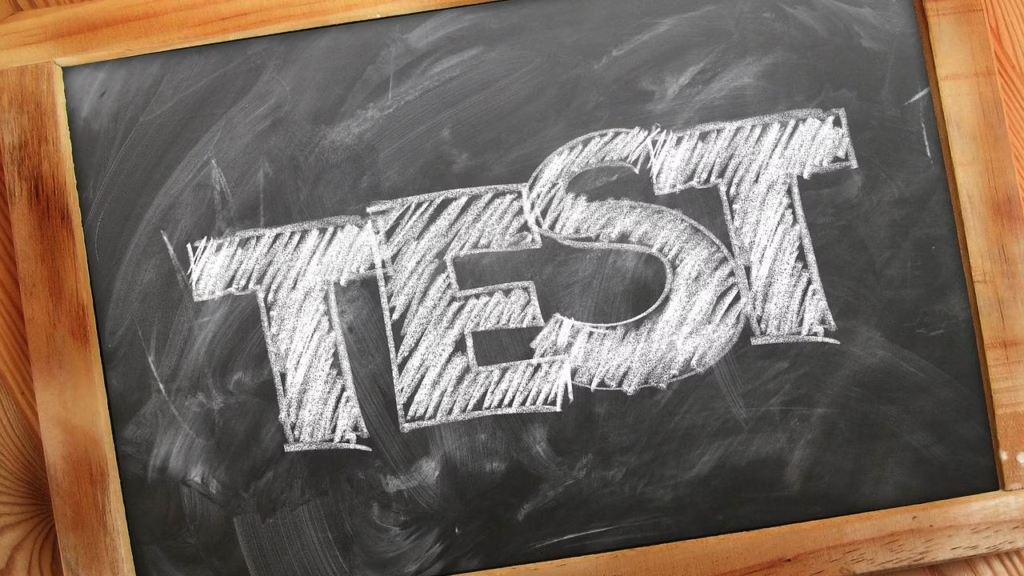Master the AP World History LEQ Rubric for 2026 with this ultimate guide. Learn scoring criteria, common pitfalls, strategies for success, and real examples from recent exams to boost your score and earn college credit.
Table of Contents
A Complete Guide to the AP World History LEQ Rubric 2026
Imagine your 2026 AP World History exam. You feel ready. You can tackle the Long Essay Question (LEQ) with skill. For many, the LEQ is scary. It is a 40-minute race to build a strong historical argument from nothing. But what if you had a clear guide? A guide that explains the rubric, shares top strategies, and gives real examples. This guide does that.
Whether you are starting early or polishing skills, this resource will help you score high. Aim for that great 4 or 5. You will learn not just what the rubric says, but how to use it for the most points.
What is the AP World History LEQ?
The Long Essay Question is a key part of the AP World History: Modern exam. It tests your skill to analyze history and build arguments based on evidence. The LEQ asks you to answer a prompt with a thesis-driven essay. You must use specific evidence and clear reasoning.
The LEQ is not about listing facts. It is about using facts to explain change, causes, or comparisons in global history from 1200 CE to now. Data from the 2025 exam shows the LEQ makes up 15% of your total score. Doing well here is key to getting a passing score of 3 or higher.
Why the LEQ Matters in 2026
College admissions are competitive. A strong AP score can earn you college credit and advanced placement. Data from 2024-2025 shows that students who master the LEQ often see their overall scores jump by 20-30%. The skills you use for the LEQ also help on the DBQ and SAQs.
Want to see how your LEQ score affects your total? Check out the AP World History Score Calculator.
Overview of the AP World History Exam Structure
Let’s see where the LEQ fits in the full exam. The AP World History: Modern exam is 3 hours and 15 minutes. It has two parts.
Section I: Multiple-Choice and Short Answer
- 55 multiple-choice questions (40% of score, 55 minutes)
- 3 short-answer questions (20% of score, 40 minutes)
Section II: Free-Response
- 1 Document-Based Question (DBQ, 25% of score, 60 minutes)
- 1 Long Essay Question (LEQ, 15% of score, 40 minutes)
For the LEQ, you pick one of three prompts. Each focuses on a different time:
- Option 1: 1200–1750
- Option 2: 1450–1900
- Option 3: 1750–2001
This covers all course units. Recent prompts have focused on themes like belief systems, empires, and science.
Breaking Down the AP World History LEQ Rubric 2026
The LEQ uses a 6-point score. Points come from four areas. Your essay must be accurate, relevant, and logical. Small errors are okay if your main argument is strong. High-scoring essays often get 4–6 points.
Thesis/Claim (0–1 Point)
Your thesis is your essay’s foundation. It is a clear claim that answers the prompt and sets up your reasoning. Do not just repeat the prompt.
- Decision Rules: Put it in your introduction or conclusion. It must answer the prompt’s core question. No point if it is vague or just rephrases the question.
- Tips for Success: Use strong verbs like “caused” or “transformed.” Good theses often show degree, like “significantly shaped.”
- Example: For a prompt on economic rivalries and empires (1450–1750), a strong thesis could be: “Economic rivalries were the main reason for European imperial growth. Powers like Spain and Portugal raced for trade routes and resources. Religious factors were less important.”
Contextualization (0–1 Point)
Here, you describe the bigger historical picture related to your topic. Talk about events before, during, or after the time frame.
- Decision Rules: You must explain the connection. No point for vague statements like “things were changing.”
- Tips for Success: Use 2-3 sentences in your introduction. Connect to earlier history. For a 1200–1450 prompt, you could mention the Mongol Empire reopening trade routes.
- Example: For a 2024 essay on trade networks, a good context noted the fall of the Abbasid Caliphate and the rise of Mongol khanates. This set the stage for Silk Road trade.
This is one of the easier points to earn if you prepare.
Evidence (0-2 Points)
You earn points for using specific, relevant historical examples to support your argument.
- Decision Rules: 1 point for at least two specific pieces of evidence. 2 points if that evidence strongly supports your thesis.
- Tips for Success: Use proper names. Aim for 4+ examples. Weave them into your story, don’t just list them.
- Example Evidence:
- 2025: For belief systems in Asia, evidence included Neo-Confucianism in China’s government and the caste system in India.
- 2024: Trade networks spreading Islam in West Africa and Buddhism to East Asia.
Essays that scored 2 points often used evidence from multiple world regions.
Analysis and Reasoning (0-2 Points)
This is where you show deep thinking. Use historical reasoning skills and show complexity.
- Decision Rules: 1 point for using a reasoning skill (like cause/effect). 2 points for a complex understanding, like showing multiple causes or connecting different time periods.
- Tips for Success: Structure your body paragraphs around your reasoning. For complexity, discuss other viewpoints or long-term effects.
- Example: A 2025 essay on 20th-century medicine argued that antibiotics cut death rates. It showed complexity by noting that rich countries benefited more than poor ones.
Fewer students earn the full 2 points here. It requires going beyond basic facts.
Common Mistakes and How to Avoid Them
Even good students make mistakes. Here are common pitfalls from recent exams:
- Vague Thesis: Fix this by practicing breaking down prompts.
- Not Enough Evidence: Memorize 3-5 key examples for each unit.
- Missing Complexity: Ask yourself “why?” or “compared to what?” as you plan.
- Poor Time Management: Spend 5 minutes planning, 30 minutes writing, and 5 minutes reviewing.
Essays that scored well balanced all parts of the rubric.
Strategies for Success on the 2026 LEQ
Get ready for 2026 with these smart strategies.
Preparation Tips
- Practice Often: Write one timed LEQ each week.
- Review Themes: Focus on connections between different units.
- Get Feedback: Swap essays with a friend and use the rubric to grade each other.
Students who used past prompts for practice often raised their LEQ scores by 1-2 points.
During the Exam
- Pick the Right Prompt: Choose the one you know the most about.
- Plan First: Sketch a quick outline with your thesis, context, evidence, and reasoning.
- Write Enough: Aim for 600-800 words to explain your ideas fully.
Practice Prompts and Sample Responses
Get better by practicing with real prompts.
2025 Practice Prompt: Belief Systems in Asia (1200-1450)
Prompt: Evaluate how much belief systems shaped societies and/or political systems in Asia then.
Sample High-Scoring Outline:
- Thesis: Confucianism greatly shaped East Asian politics. Hinduism reinforced social rules in South Asia even more.
- Context: After the Mongols, empires focused on old philosophies to rebuild.
- Evidence: Civil service exams in China. The Varna system in India.
- Analysis: Confucianism created stable government. But it also limited women’s roles, showing its effects were not all good.
2024 Practice Prompt: Exchange Networks (1200–1750)
Prompt: Evaluate how much exchange networks led to social or cultural change.
Sample Insight: A top essay used cause/effect (Trans-Saharan trade spread Islam). It showed complexity by discussing different religions spreading in different ways.
Practice these under timed conditions to be ready for exam day.
Conclusion: Your Path to LEQ Mastery in 2026
As you get ready for the 2026 exam, remember this. The LEQ rubric is not a barrier. It is a blueprint for showing what you know. Master the thesis, context, evidence, and analysis. You will boost your score and understand world history better.
Students who practiced in a structured way saw their scores go up. Your move? Start now. Pick a prompt, use this guide, and write. Aim for that perfect 6. Your future college transcript will thank you. Need more help? Join a study group or ask your teacher for advice.


























